Filter by
The language used throughout the course, in both instruction and assessments.
Choose the Unconscious Bias Course That Aligns Best With Your Educational Goals
 Status: Free
Status: FreeCoursera Instructor Network
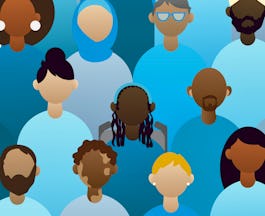
University of California, Irvine
Skills you'll gain: Change Management, Culture, Human Resources, Leadership Development, Leadership and Management, Organizational Development, Critical Thinking, Human Resources Operations, Recruitment, Strategy and Operations
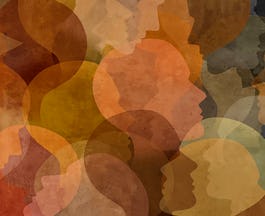
Automatic Data Processing, Inc. (ADP)
Skills you'll gain: Leadership and Management, Strategy and Operations

IE Business School
Skills you'll gain: Leadership and Management, Critical Thinking, People Management
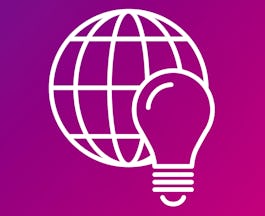
Imperial College London
Skills you'll gain: Innovation, Adaptability, Entrepreneurship, Design and Product, Leadership and Management, Research and Design, Marketing
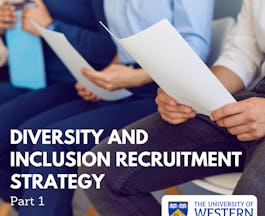
University of Western Australia
Skills you'll gain: Leadership and Management, Recruitment
 Status: Free
Status: FreeJohns Hopkins University
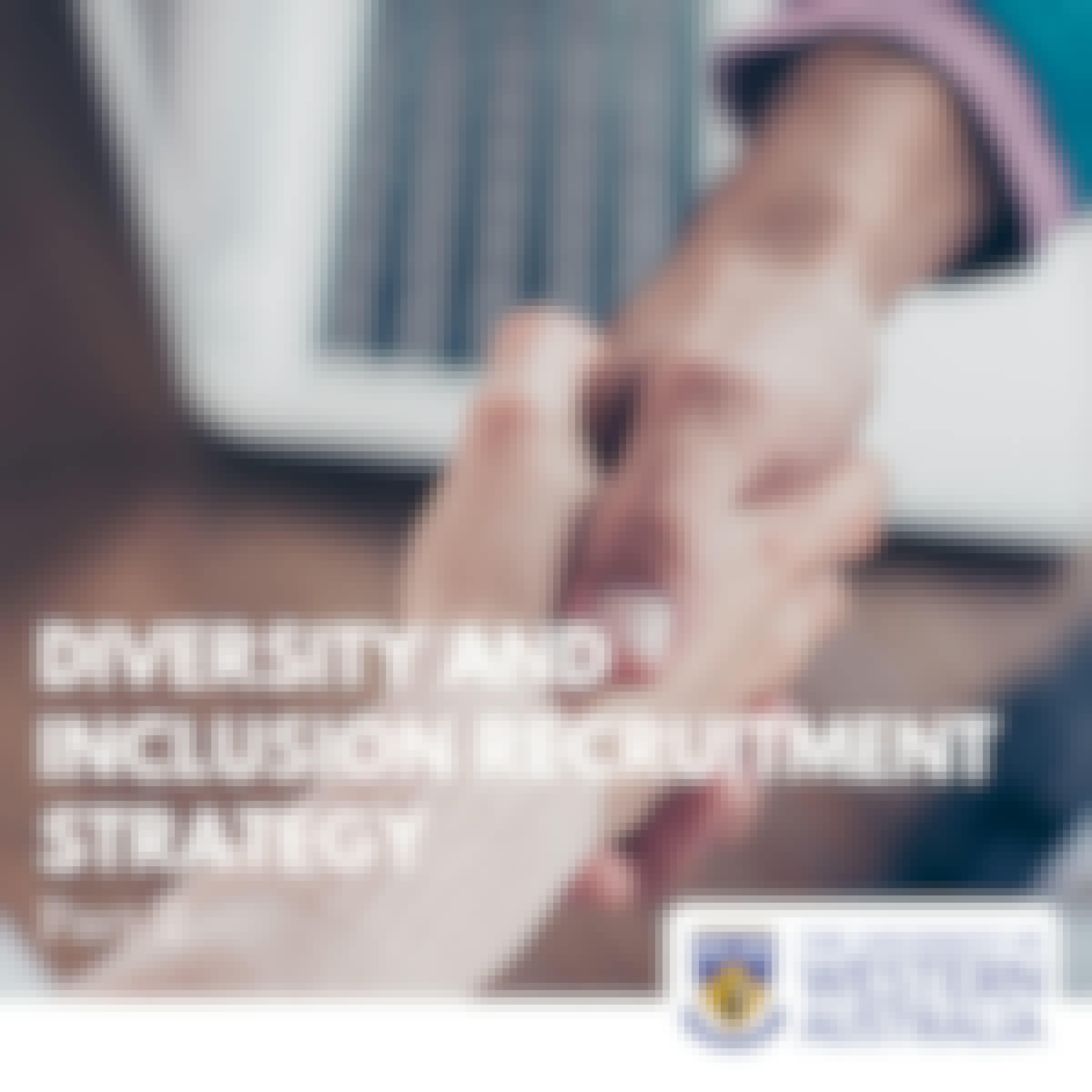
University of Western Australia
Skills you'll gain: Leadership and Management, Recruitment

University of Western Australia
Skills you'll gain: Recruitment

University of Michigan
Skills you'll gain: Leadership Development, Training
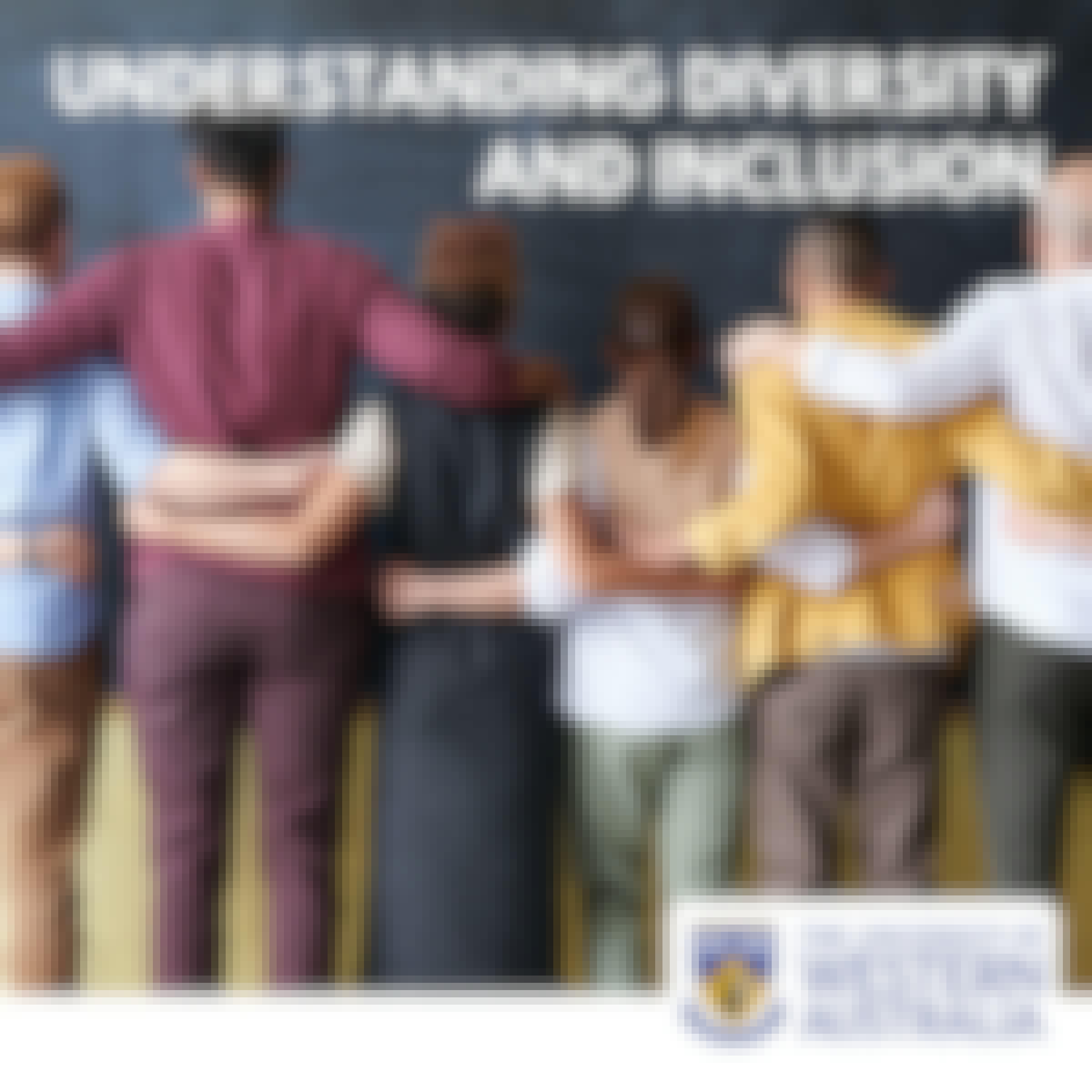
University of Western Australia
Skills you'll gain: Leadership and Management, Recruitment

University of Western Australia
Skills you'll gain: Leadership and Management, Recruitment
Searches related to unconscious bias
In summary, here are 10 of our most popular unconscious bias courses
- Unpacking Unconscious Bias in the Workplace: Coursera Instructor Network
- Diversity and Inclusion for HR Professionals: University of California, Irvine
- Diversity, Equity & Inclusion: Automatic Data Processing, Inc. (ADP)
- The Journey to Diversity, Inclusion and Belonging: IE Business School
- Healthcare Innovation: What Does Success Look Like and How to Achieve It?: Imperial College London
- Diversity and Inclusion: Developing A Strategy: University of Western Australia
- Inclusive Online Teaching Teach-Out: Johns Hopkins University
- Attracting and Sourcing Diverse Candidates: University of Western Australia
- Assessment, Interviewing and Onboarding: University of Western Australia
- Advancing Health Equity: A Guide to Reducing Bias in Healthcare: University of Michigan










